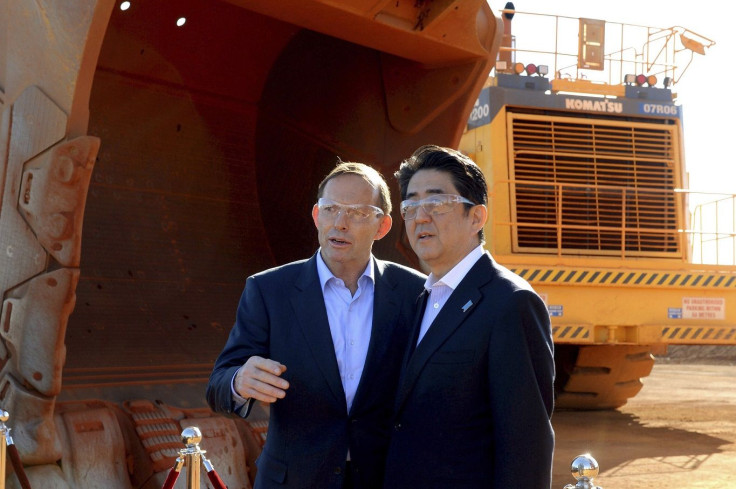Iron Ore Prices Climb After Vale Announces Supply Cuts

Thanks to Brazilian mining company Vale's announcement, iron ore prices have slightly rebounded on Tuesday trading from US$56.20 [$70.60] a tonne to US$57.80 [$72.61] a tonne, capping a two-day losing streak.
A report by The Australian reveals that Vale's announcement that it will be cutting back on future supplies by as much as 30 million tonnes yearly helped bolster iron prices. "We can now optimise our operations," Peter Poppinga, head of Vale’s ferrous division, said in the report. "That makes it possible to paralyse some higher-cost, lower-quality production flows in these systems, obviously depending on market conditions and consistently pursuing our objective of margin optimisation."
According to a separate report by Bloomberg in April, Vale’s iron ore production, "excluding its share in the Samarco Mineracao SA venture and third-party purchases," jumped to 74.5 million metric tonnes during the first quarter from 71.1 million tonnes in 2014. Bloomberg noted that analysts' estimates stand at 78.7 million tonne on average. Nickel also did not meet forecasts, and only copper was able to surpass expectations.
"The company missed forecasts in both of its main divisions, iron ore and nickel, albeit partially offset by a strong copper result," BMO Capital Markets analyst David Gagliano was quoted as saying by the report. "The net impact is likely to be modestly negative to 1Q15 earnings."
One company that is positioned for growth like Vale is base metals exploration and development firm Amur Minerals Corporation (LSE:AMC). The British-owned company, which currently runs and operates the Kun-Manie project in the Russian Far East, is on its way to obtaining its detailed exploration and production license. According to Motley Fool, the company has recorded gains of around 217 percent. The company's project covers 67 million tonnes of nickel content, and is considered as one of the top 20 largest nickel projects in the world.
A sluggish phase in Western Australia's iron ore segment also has its ups for the resources segment. "Not only are exploration drill rigs easier to come by and cheaper to hire, employers have their pick of highly skilled, willing workers," Sirius Resources Managing Director Mark Bennett was quoted as saying by a report from ABC. Sirius Resources was one of those major miners that received a number of application during a recent job fair. "We've been astounded, we thought 50 people might turn up, but there's probably been a couple of hundred," Bennett added.
Contact the writer: a.lu@ibtimes.com.au






